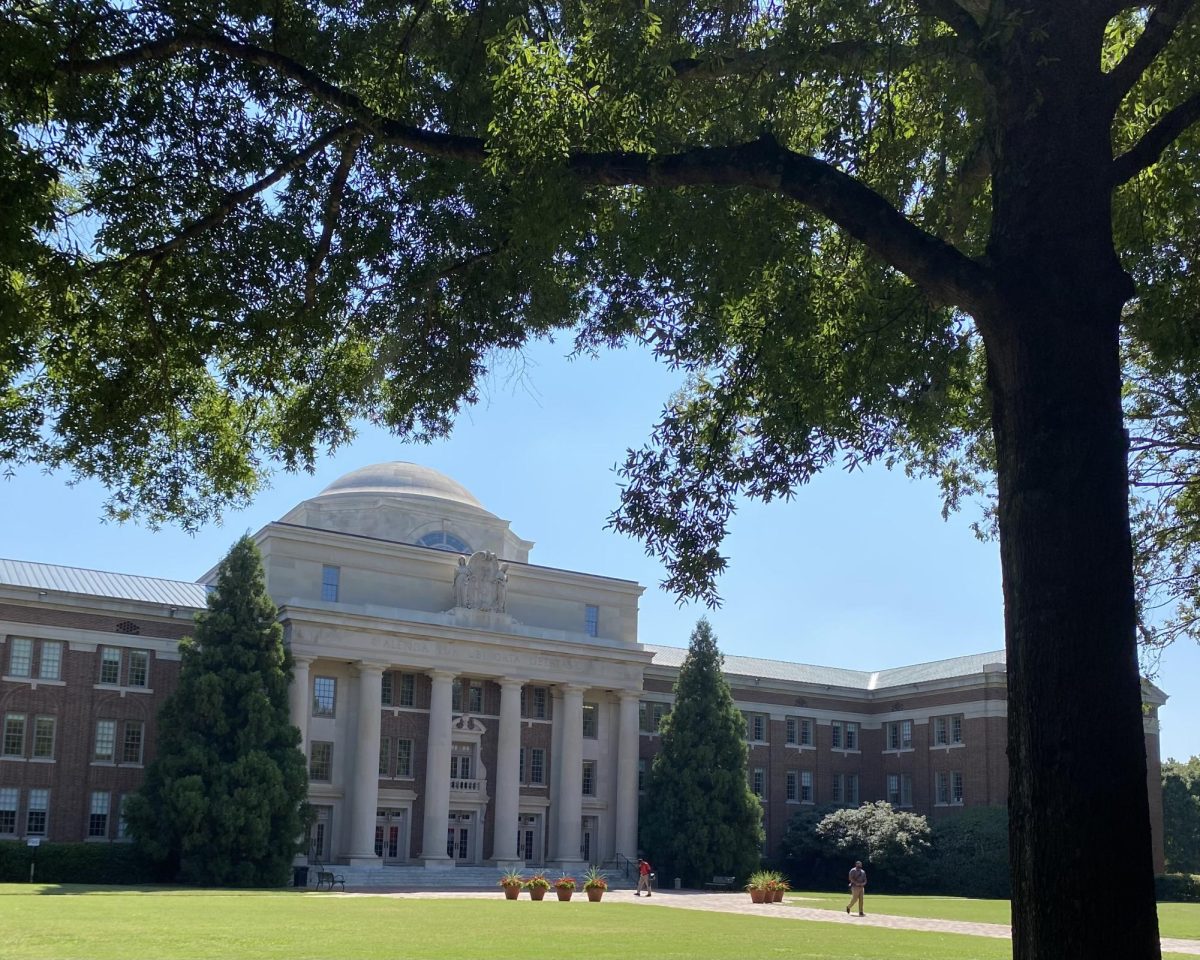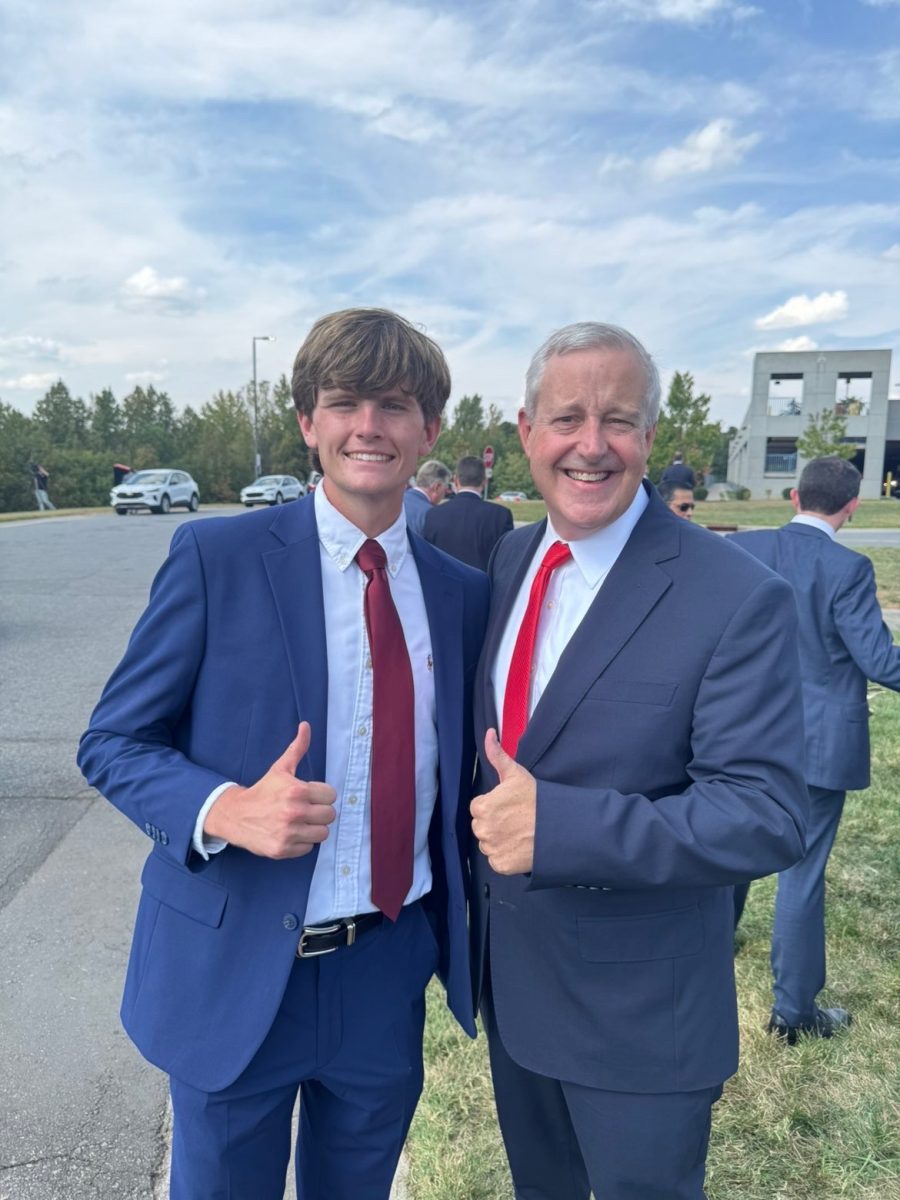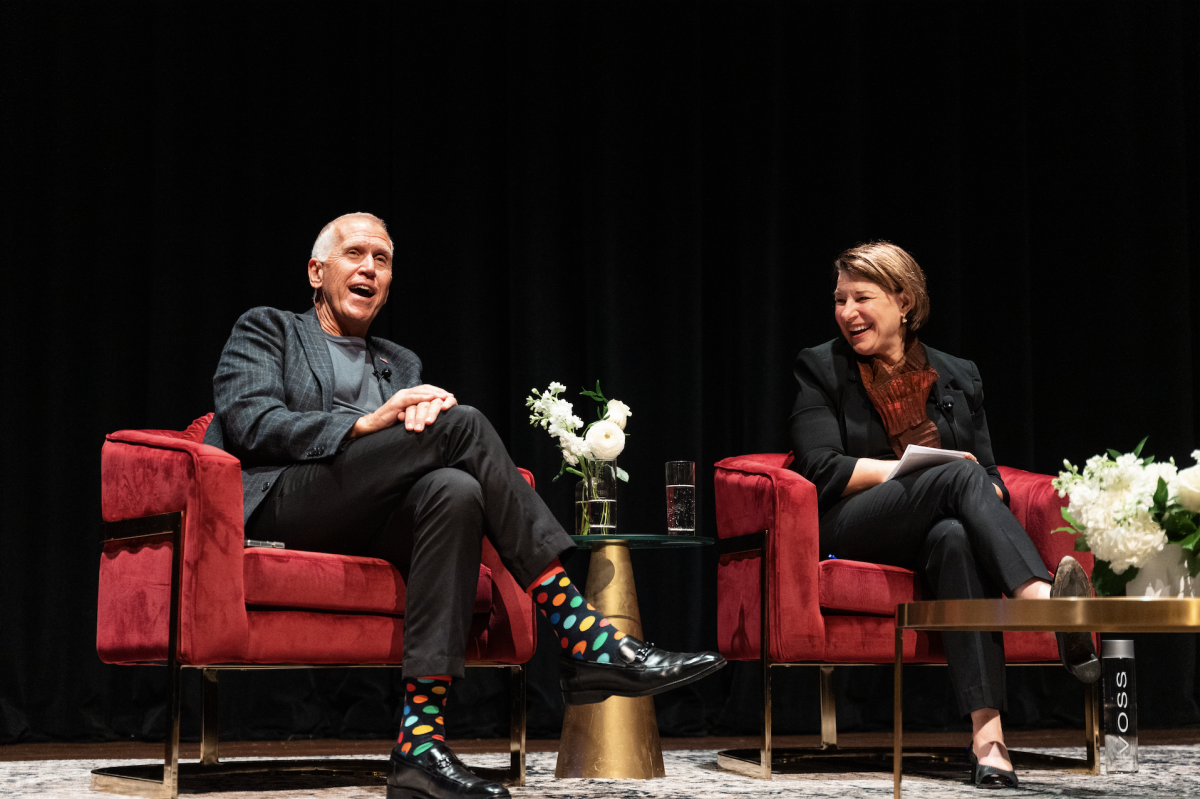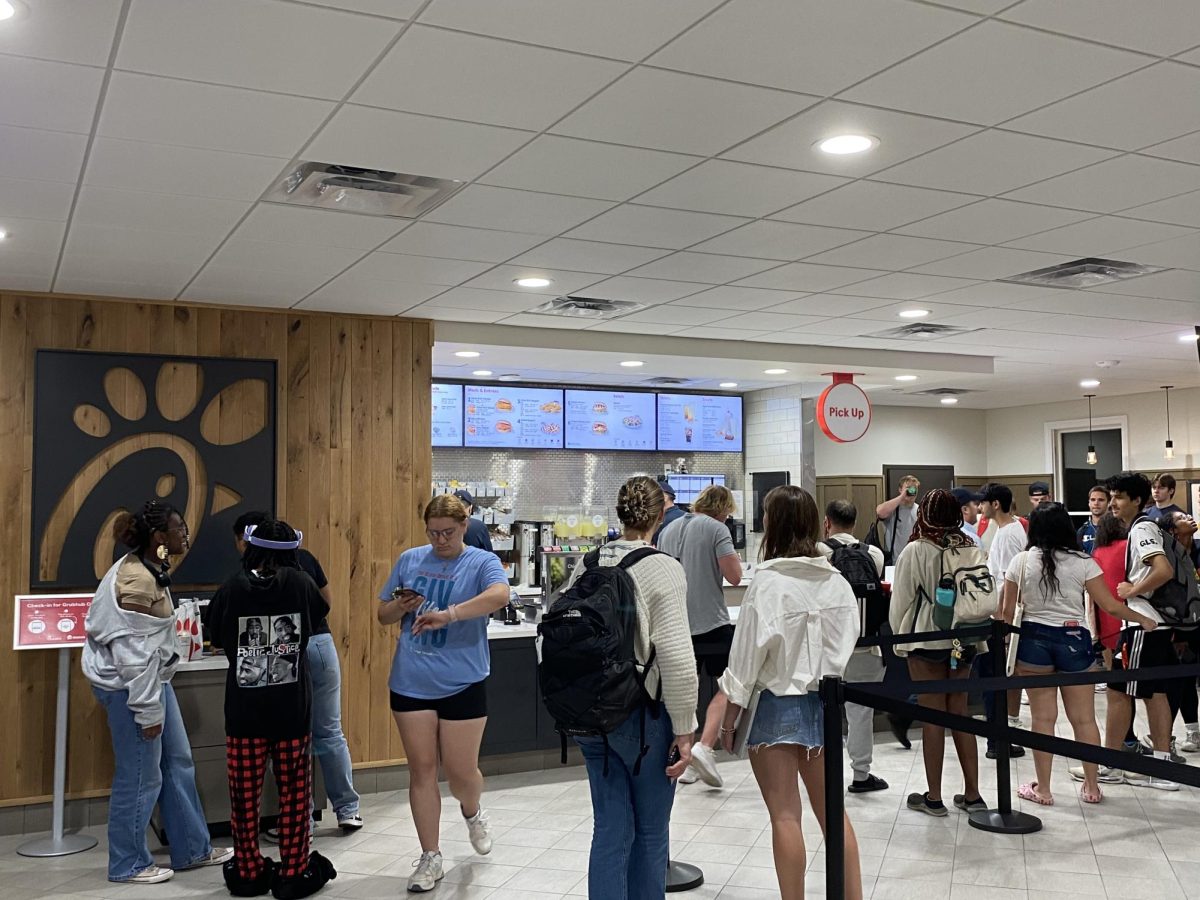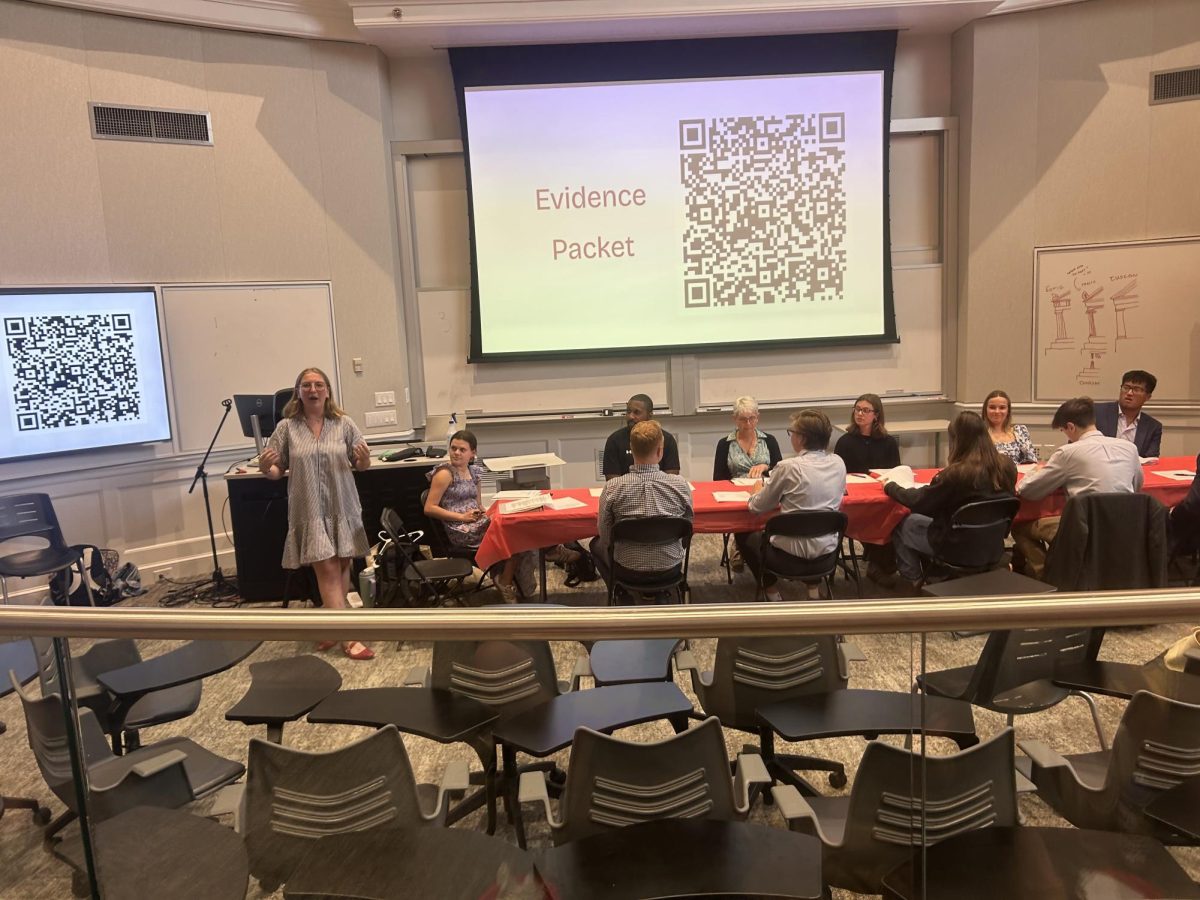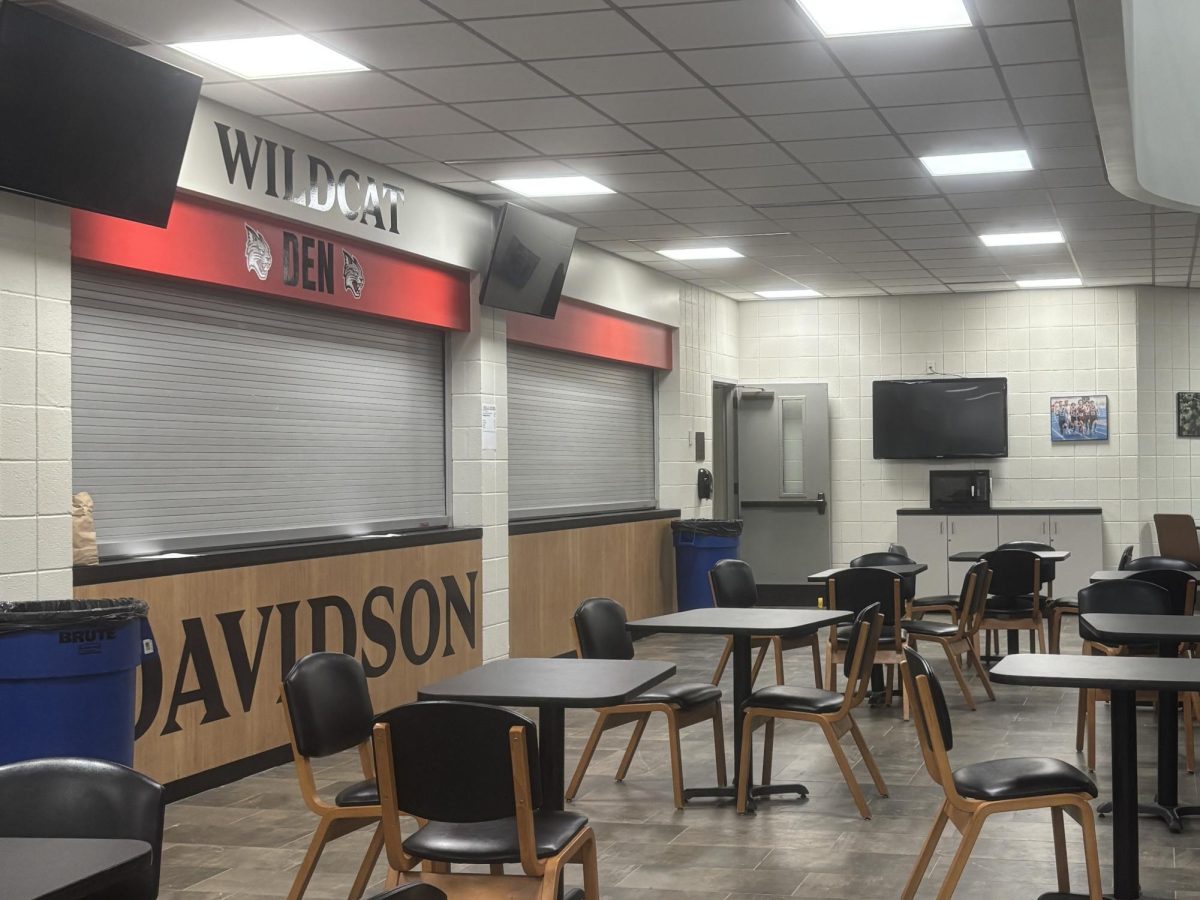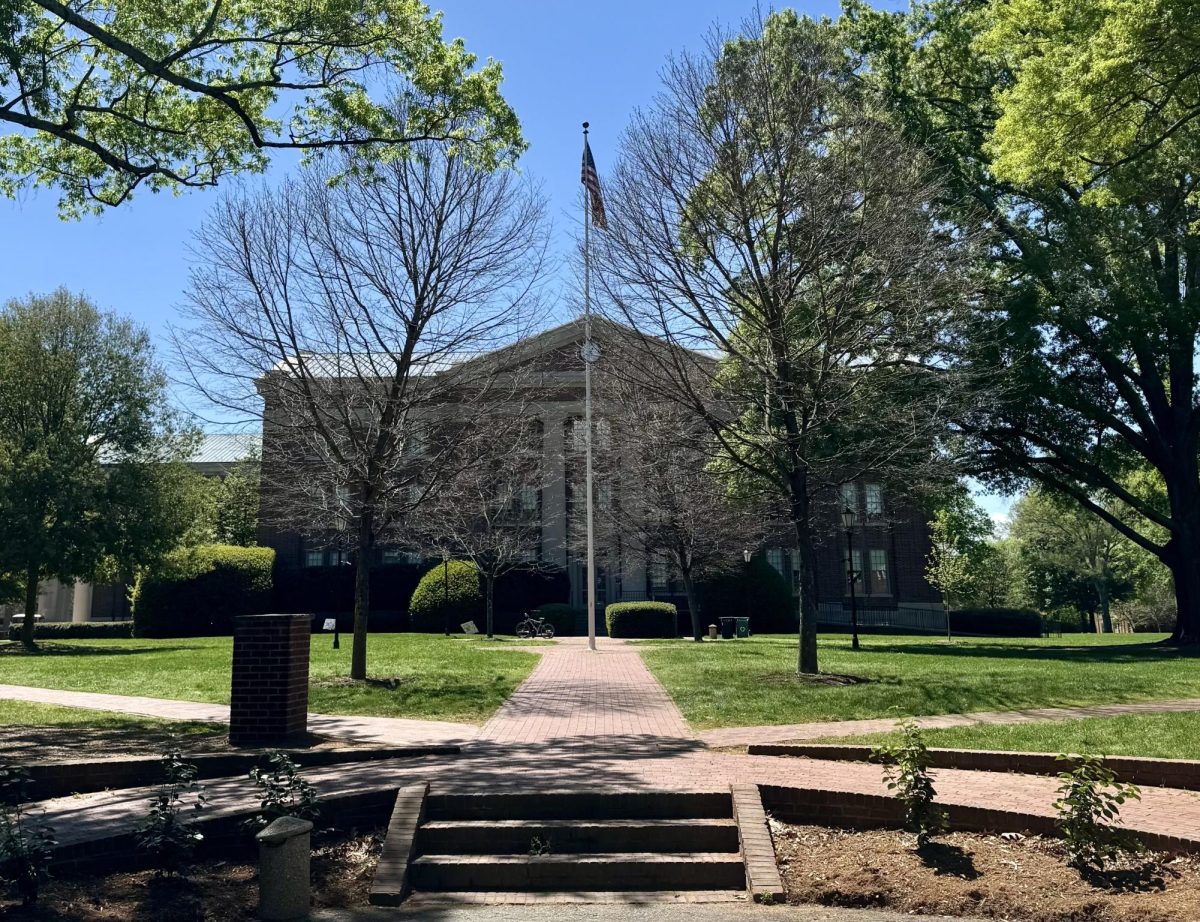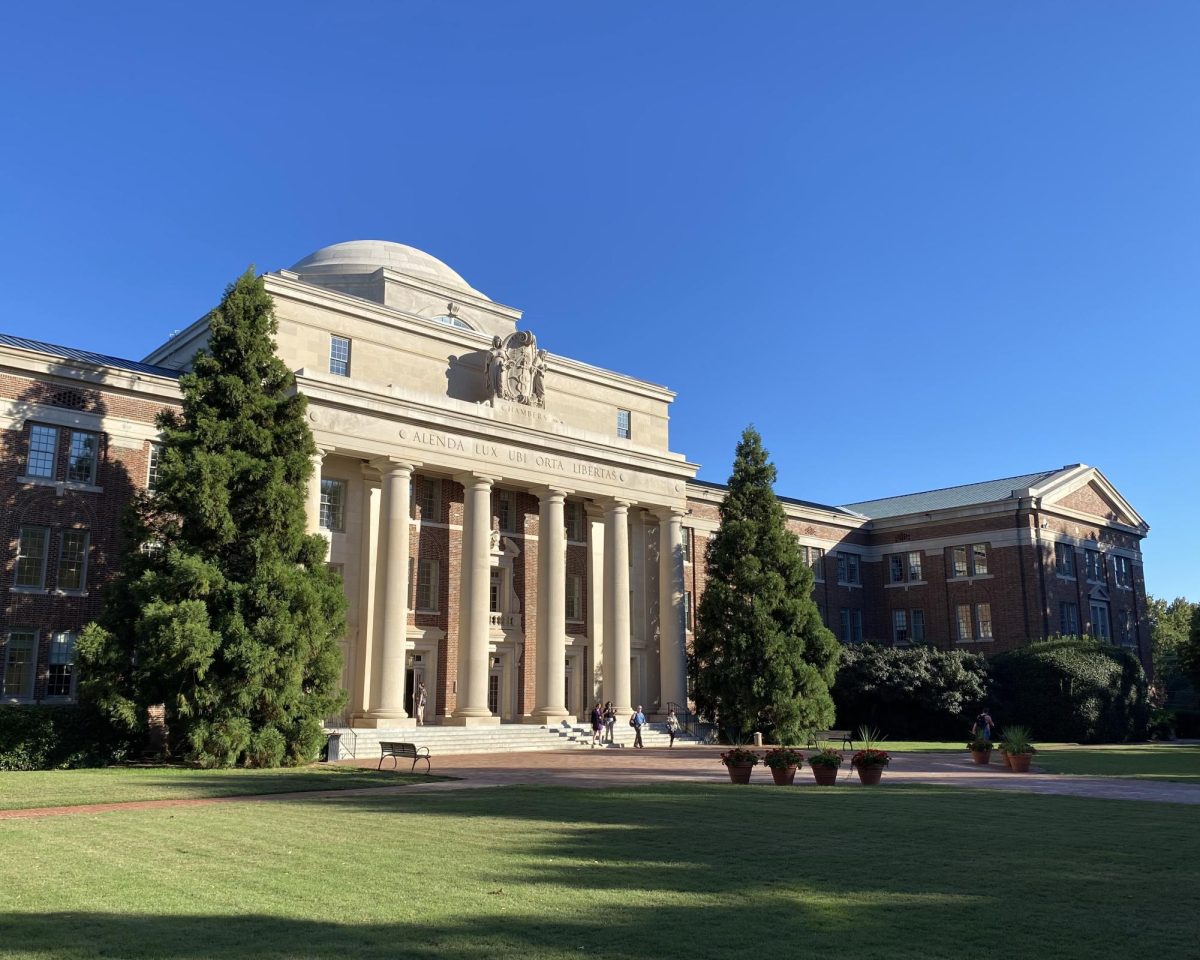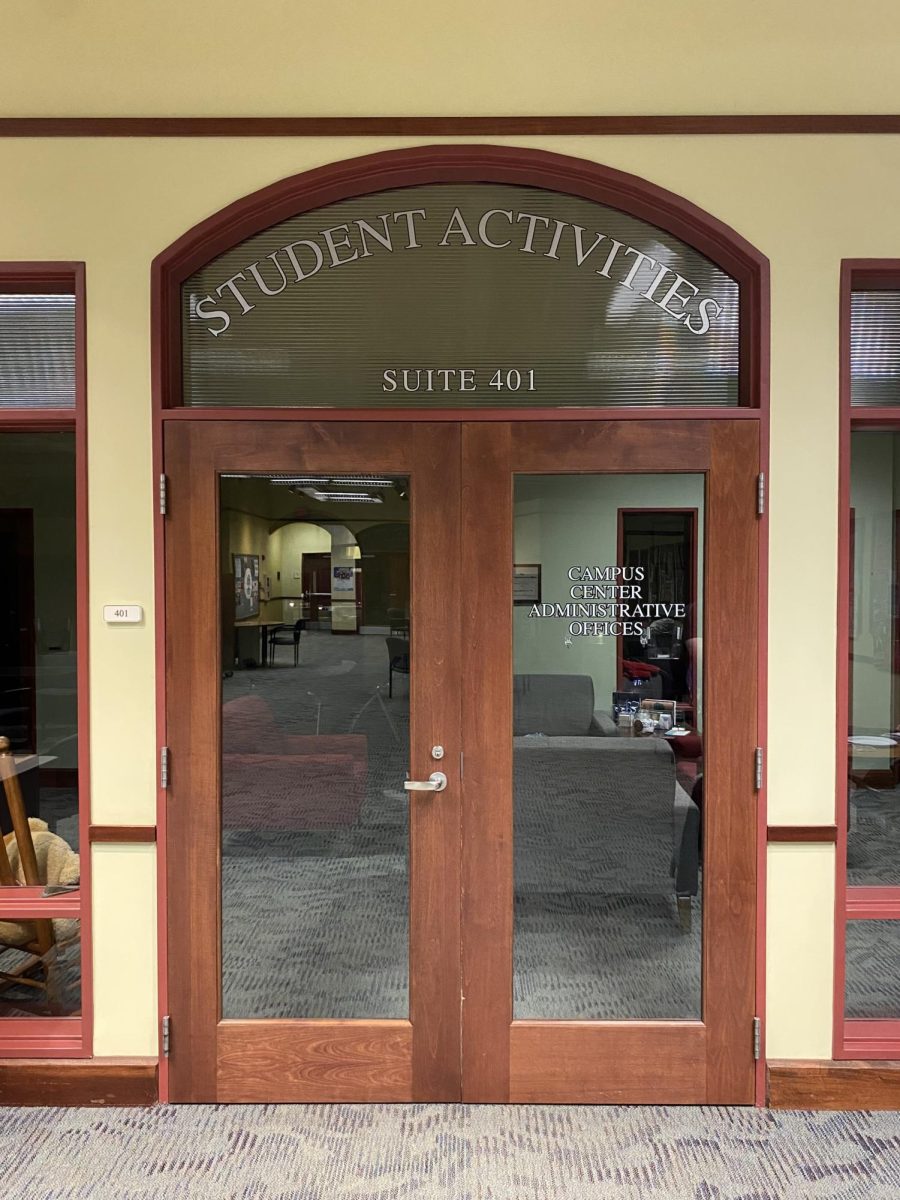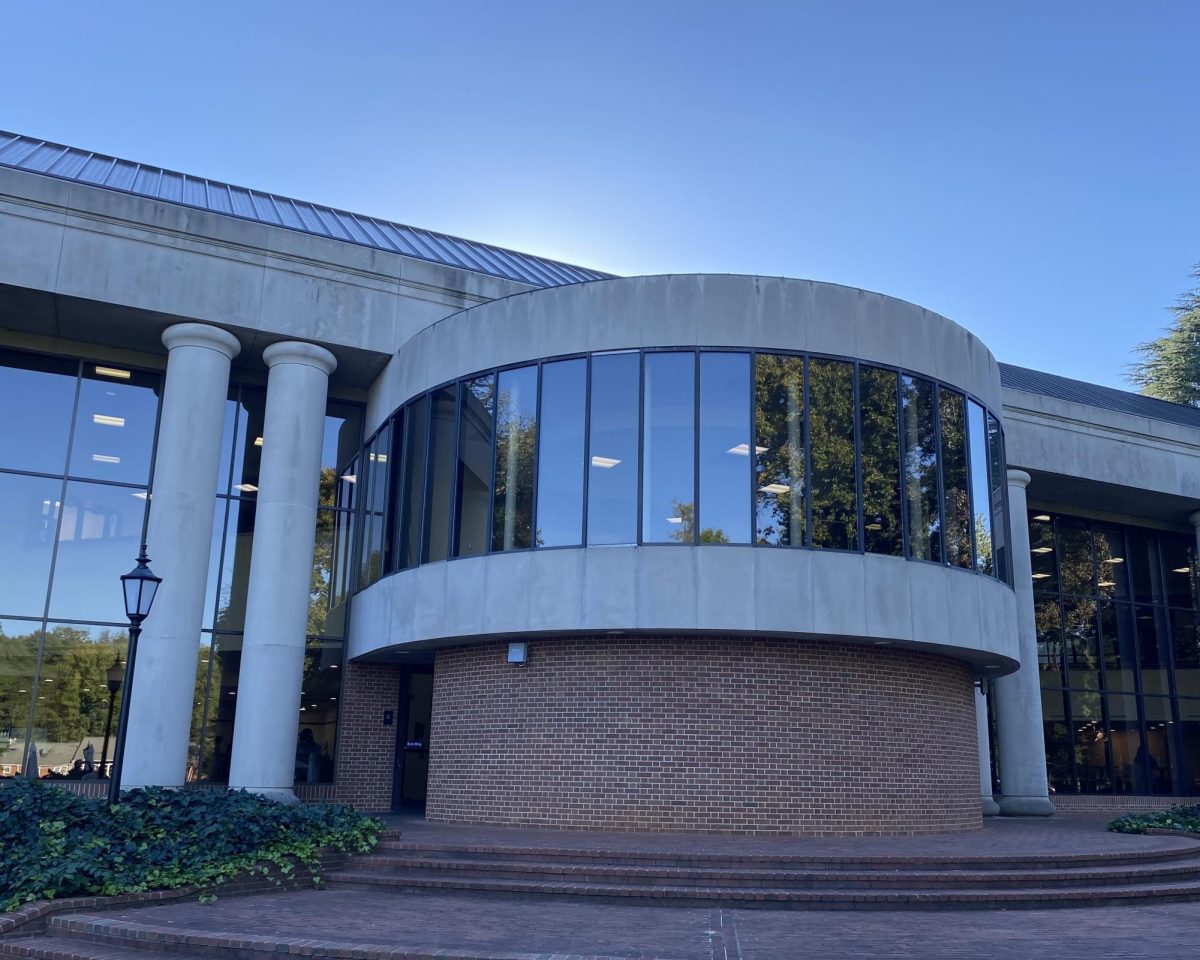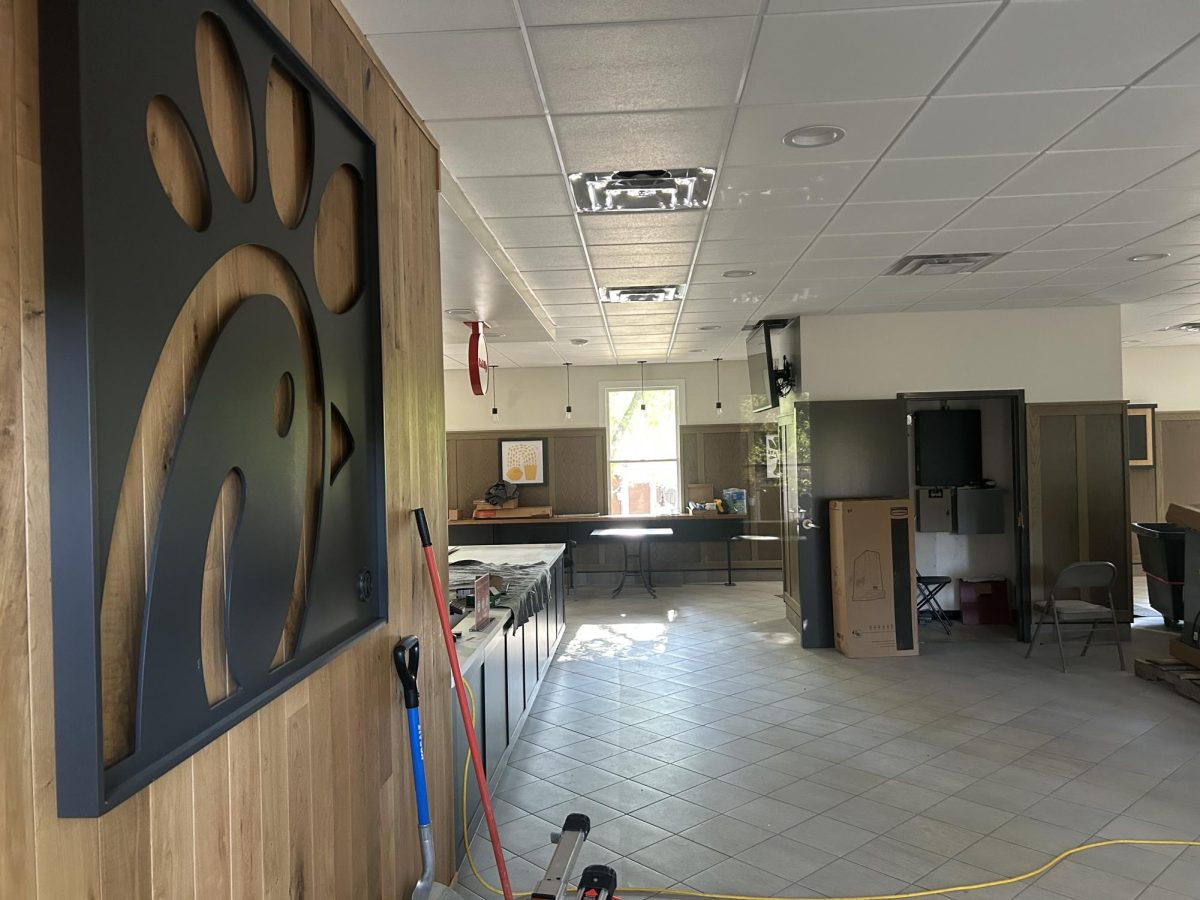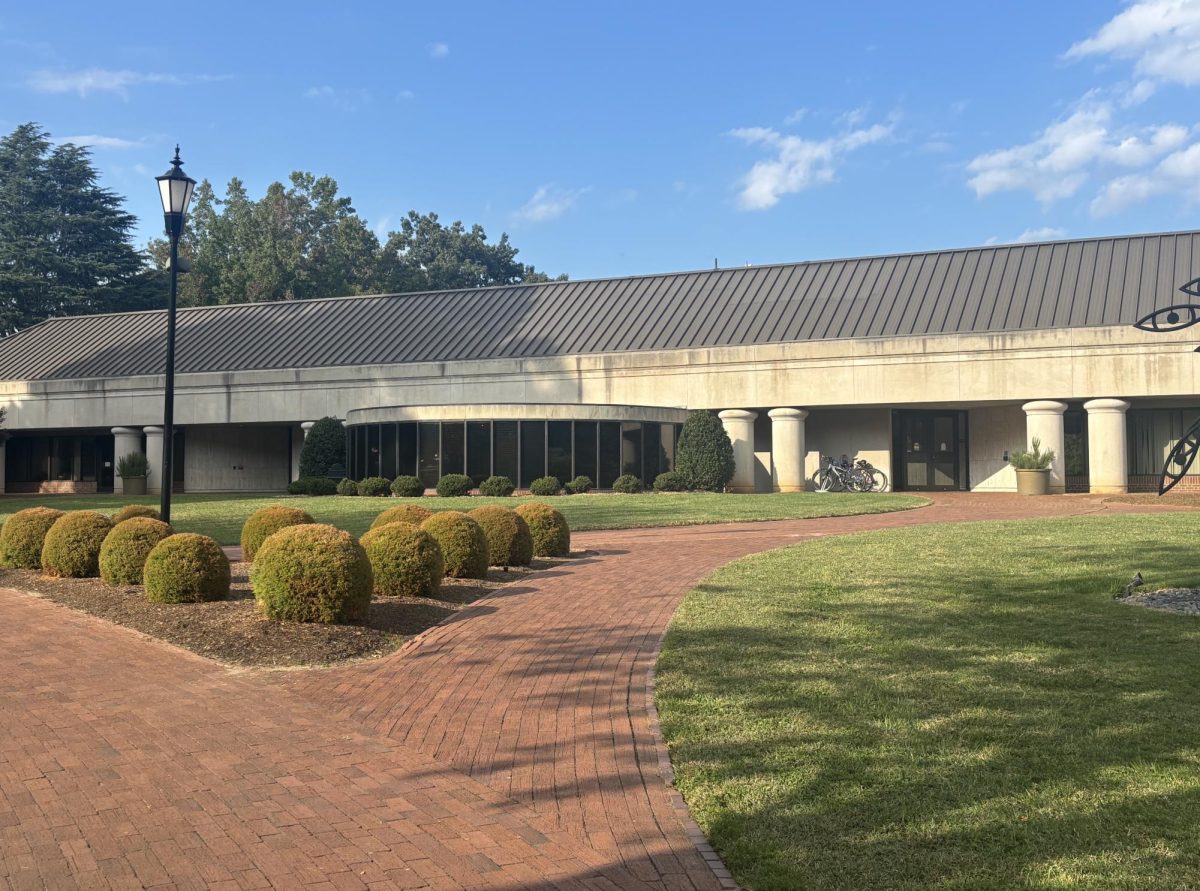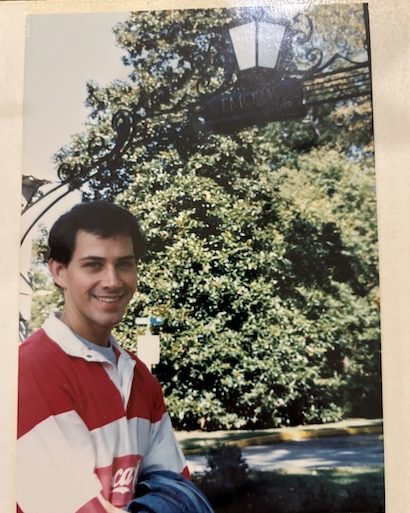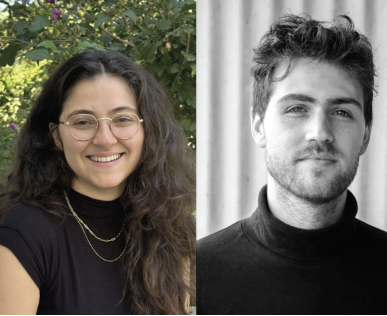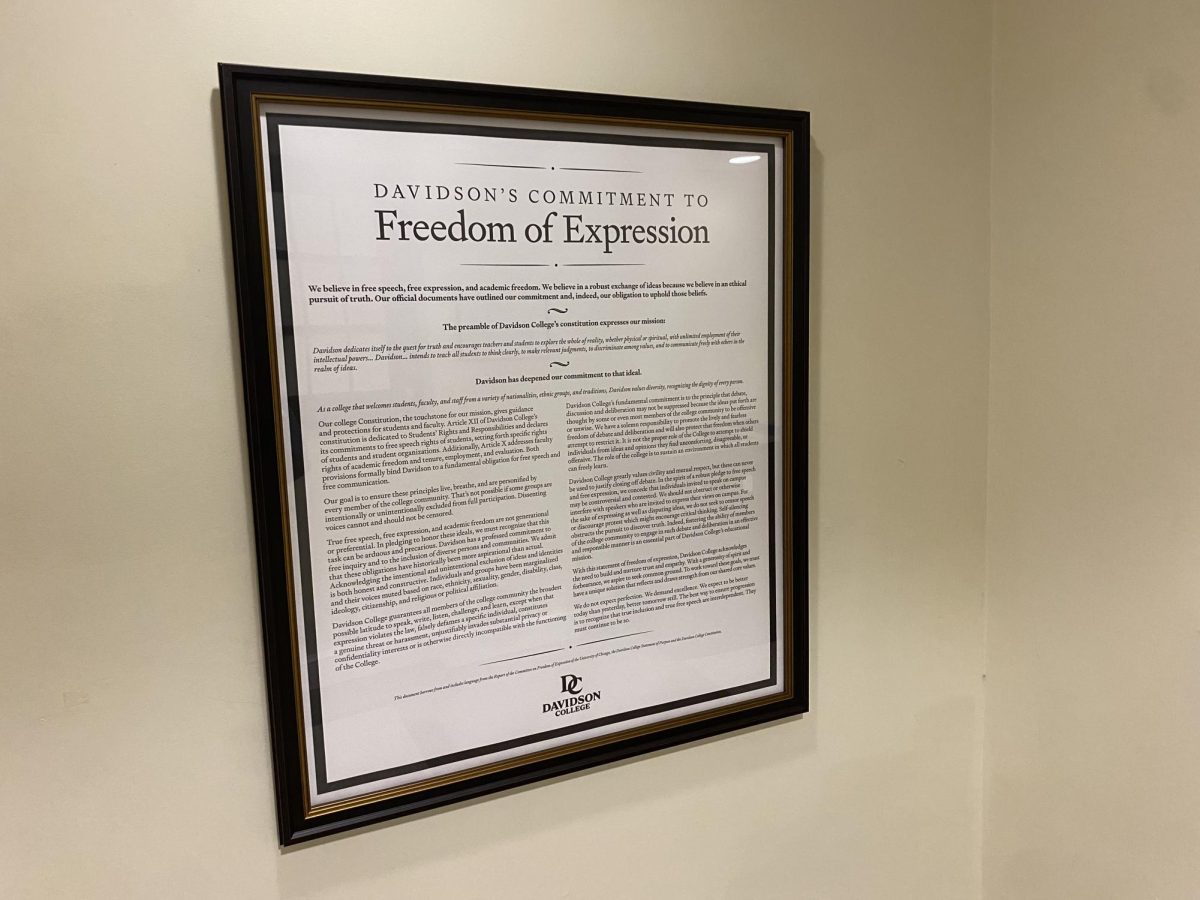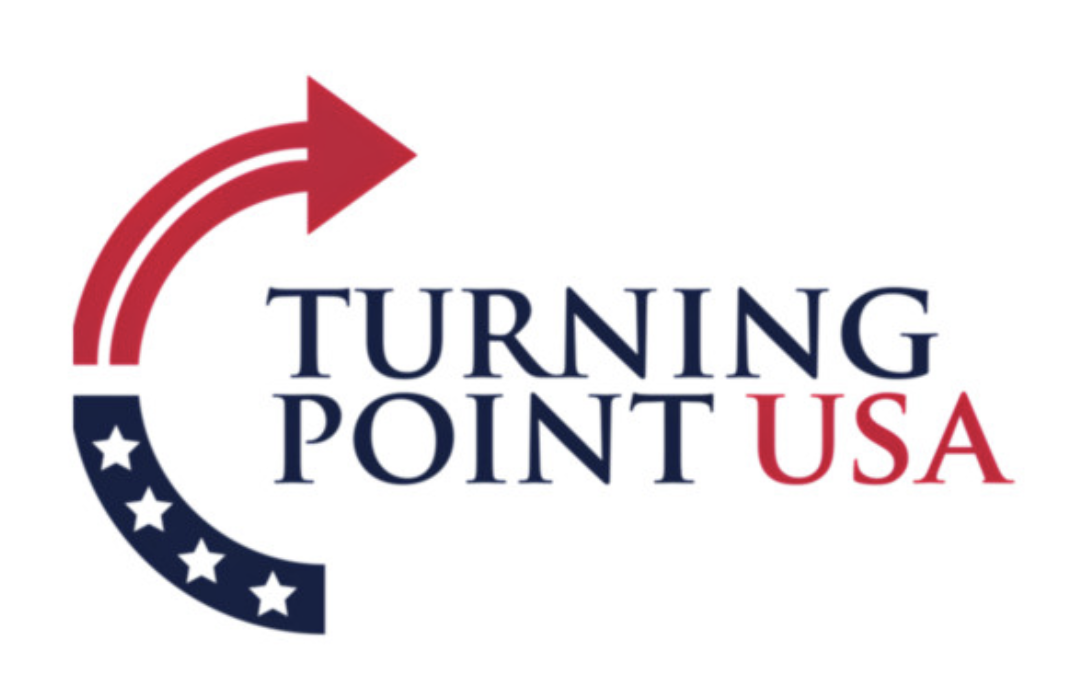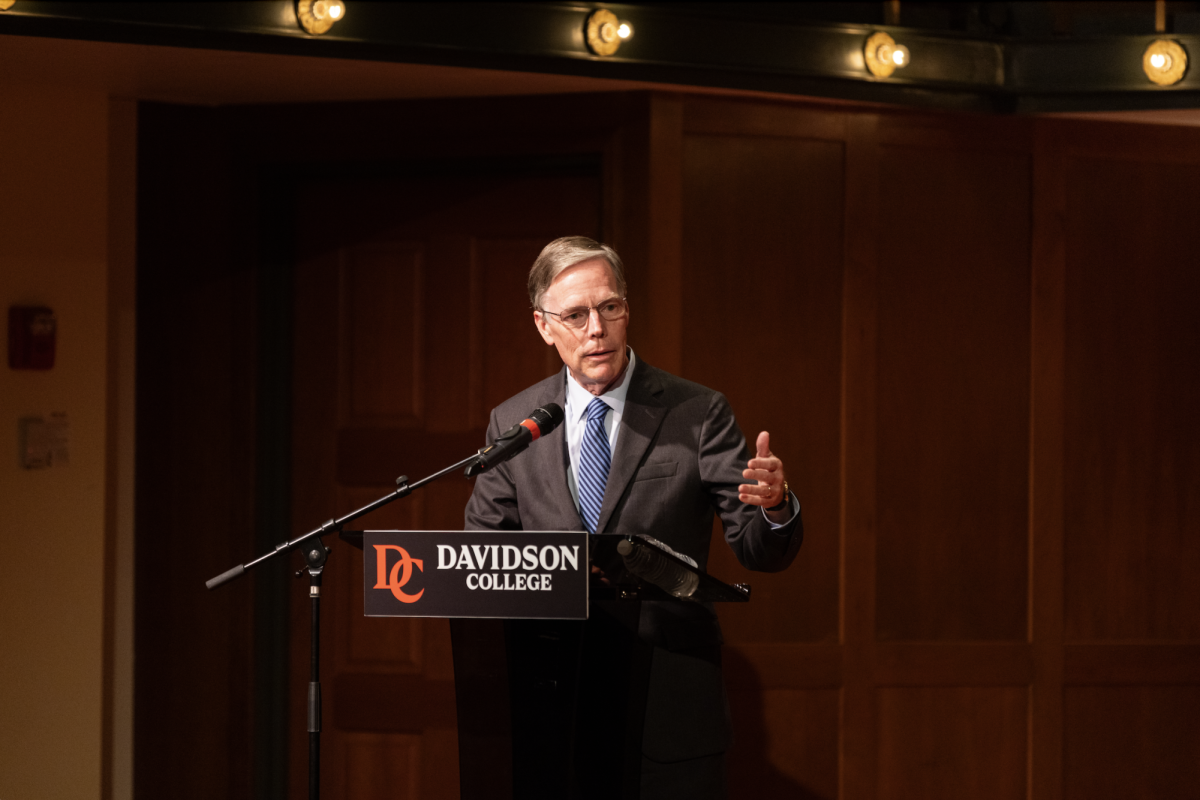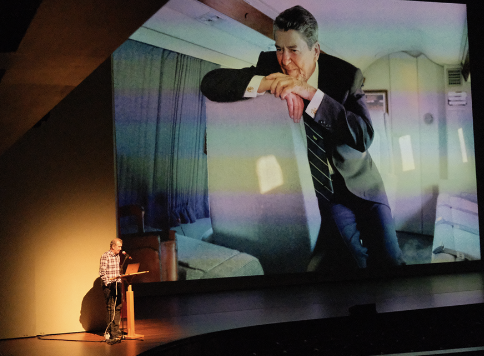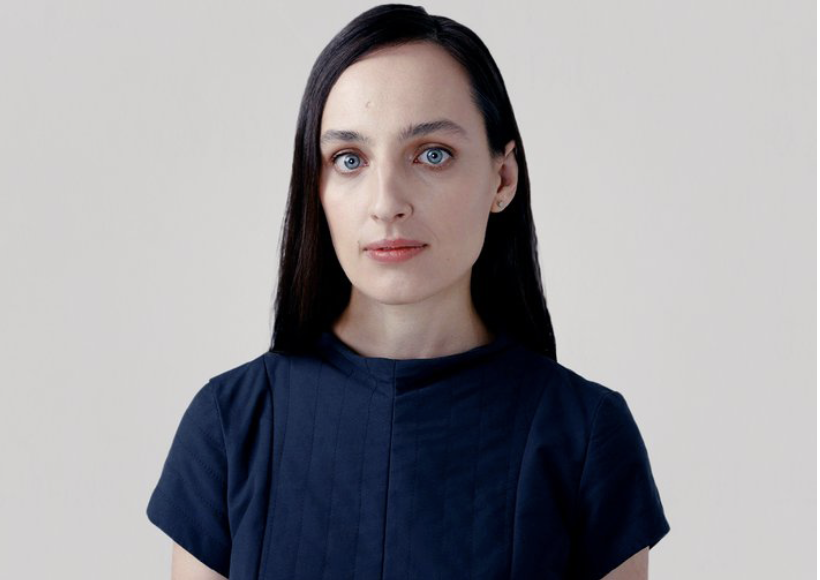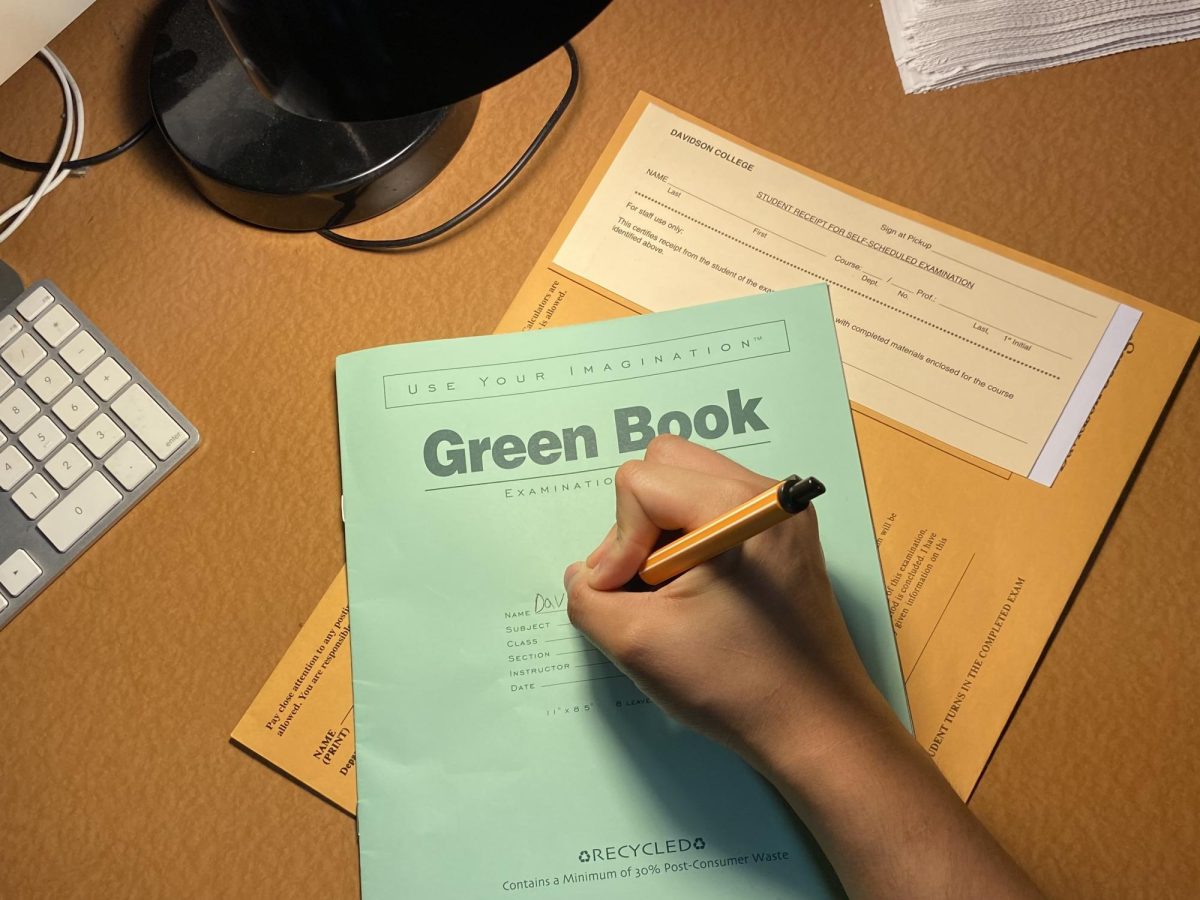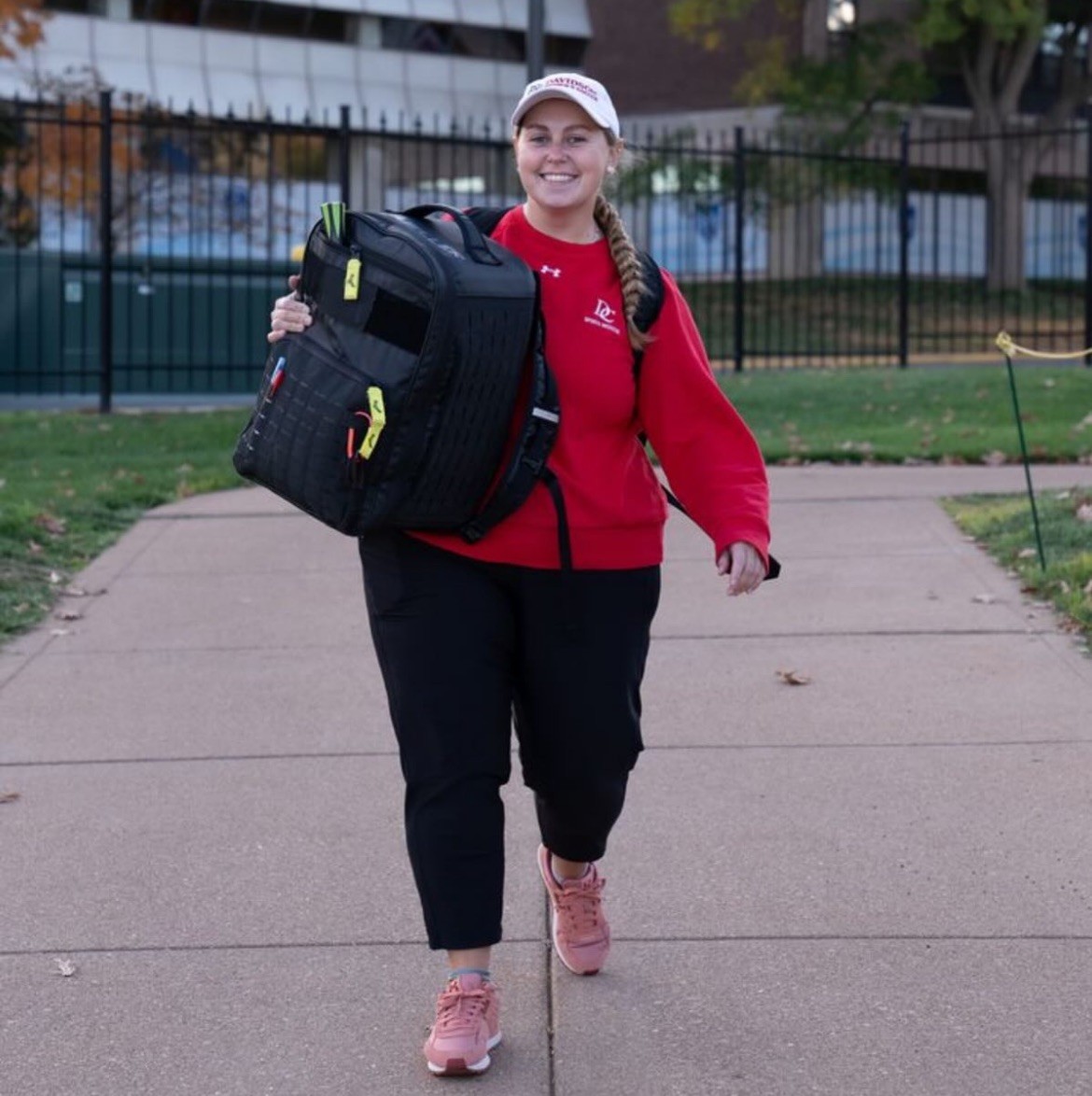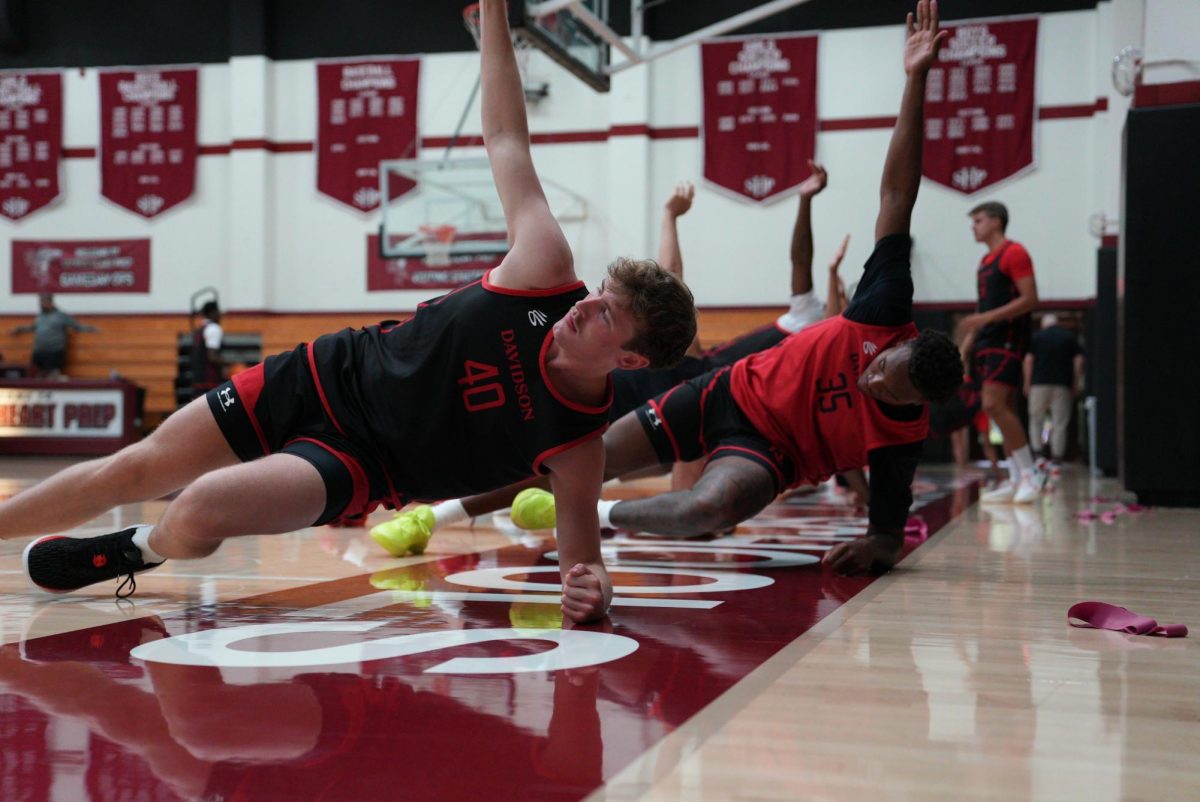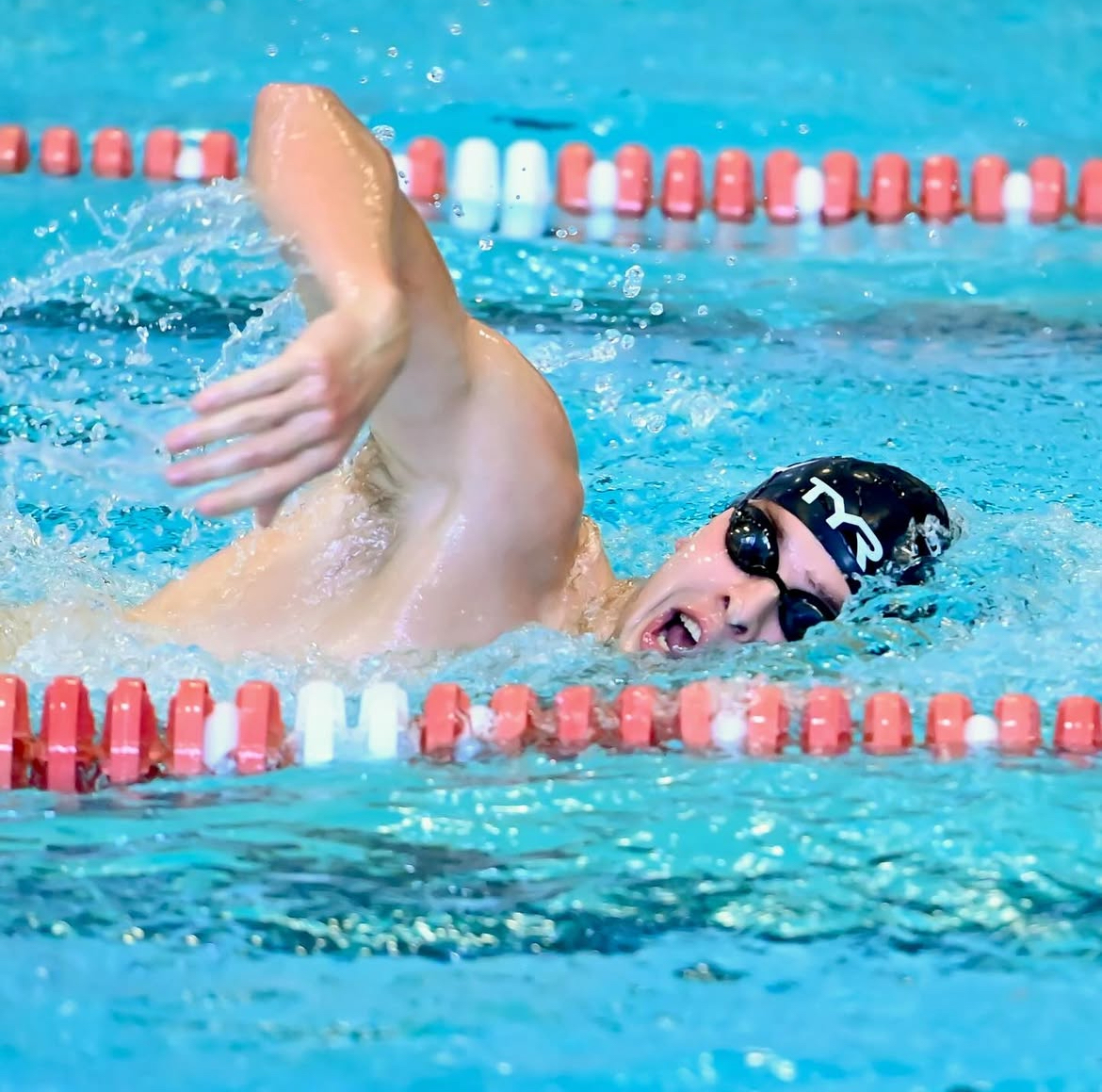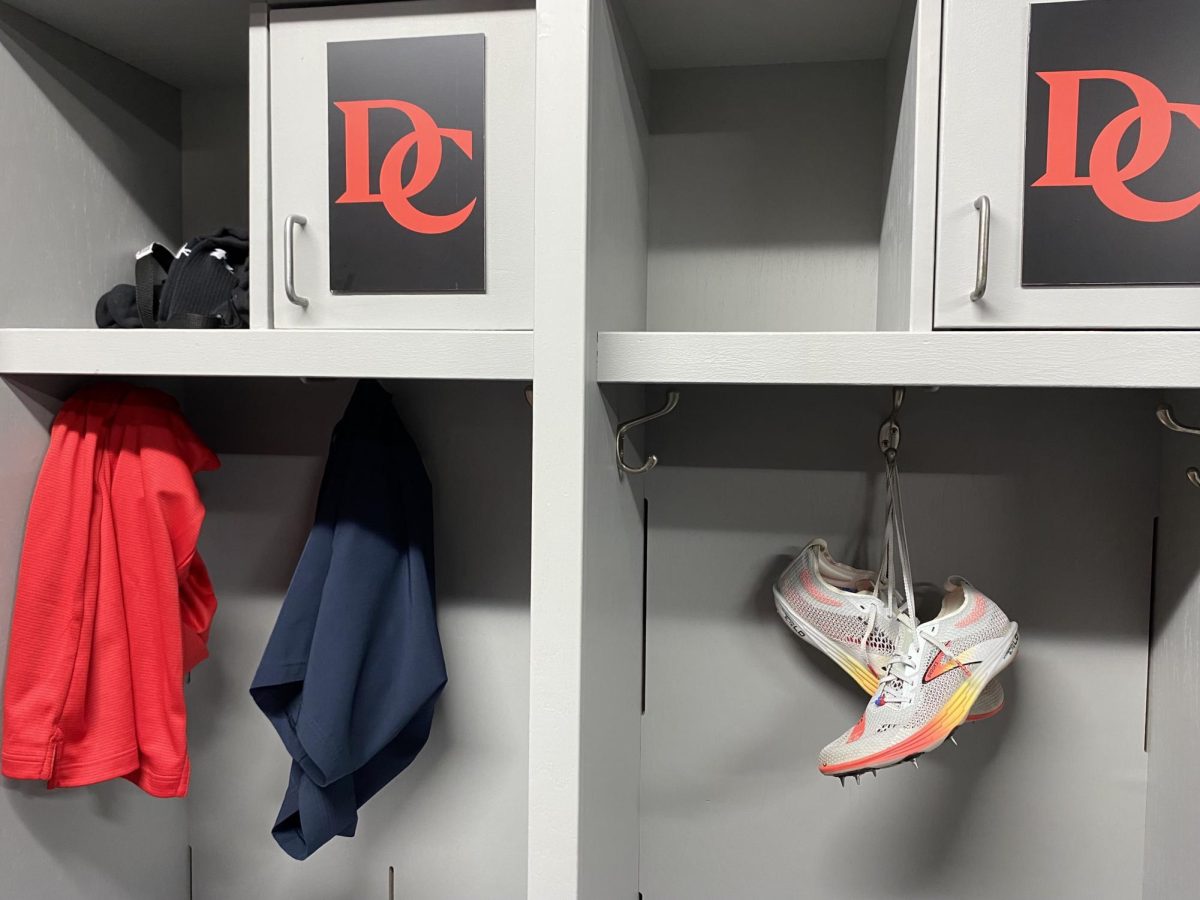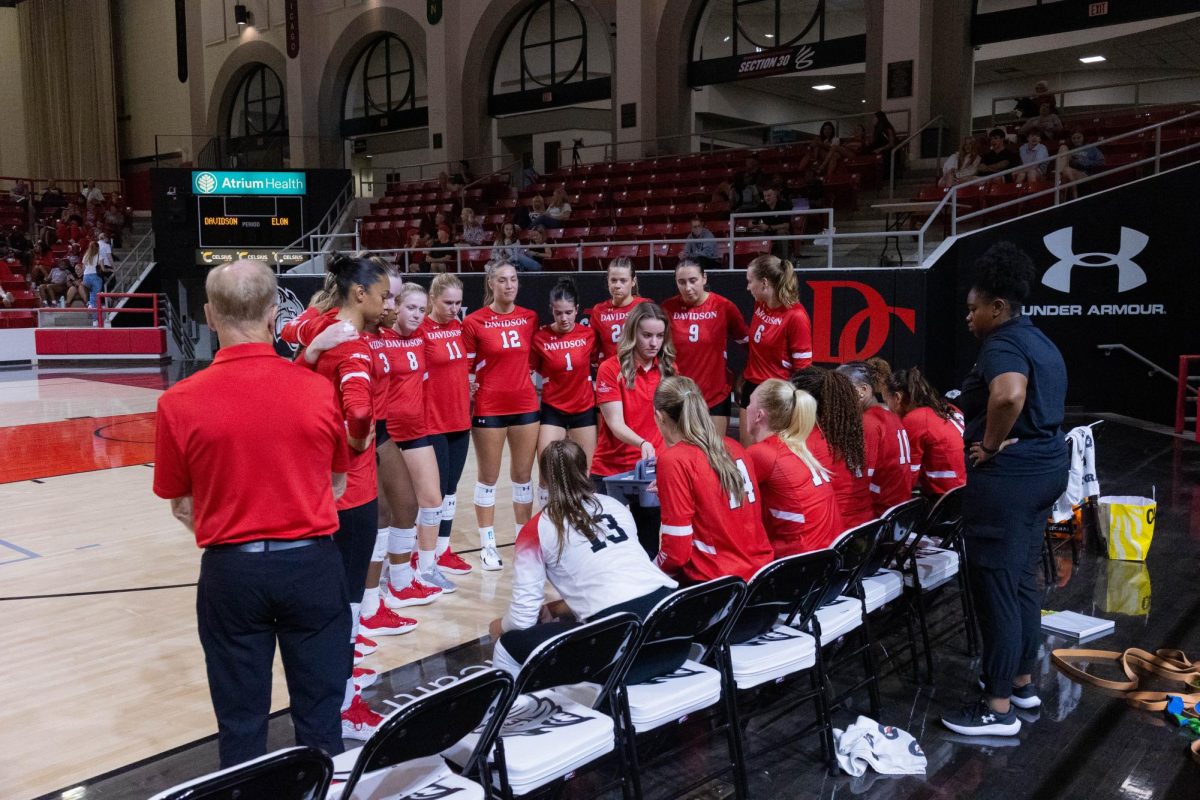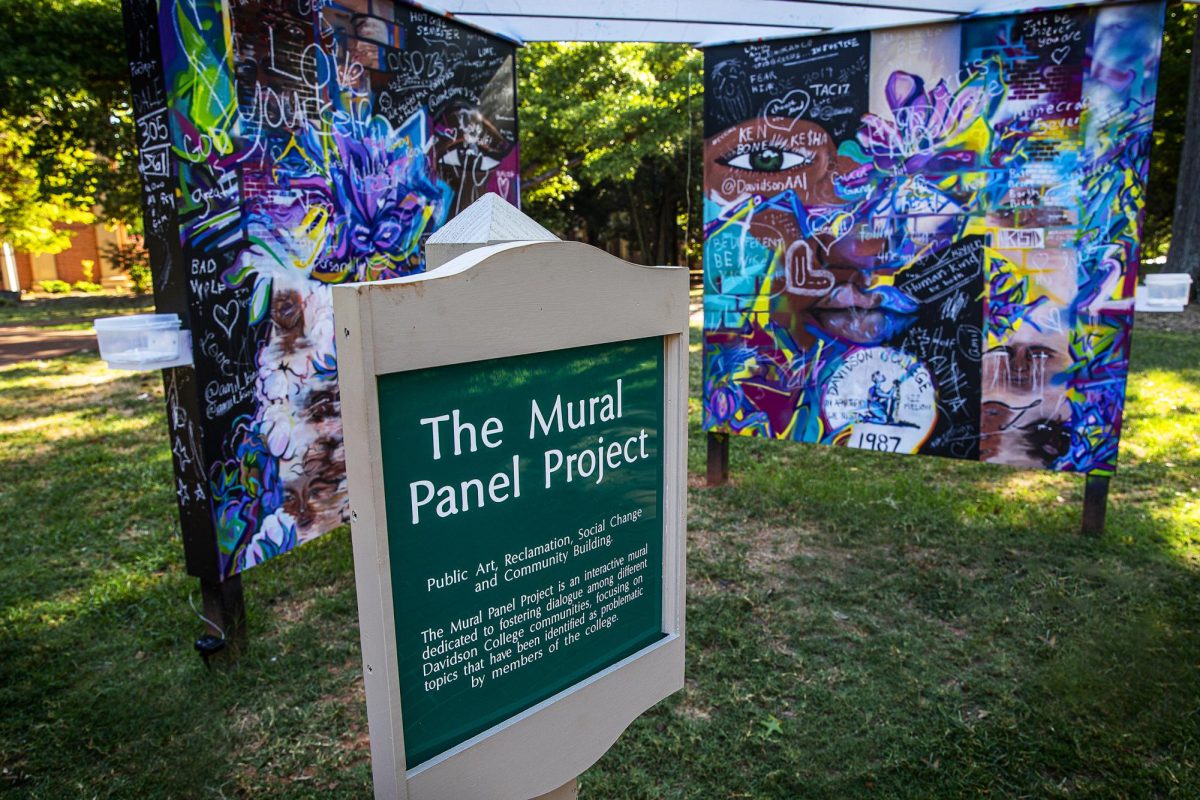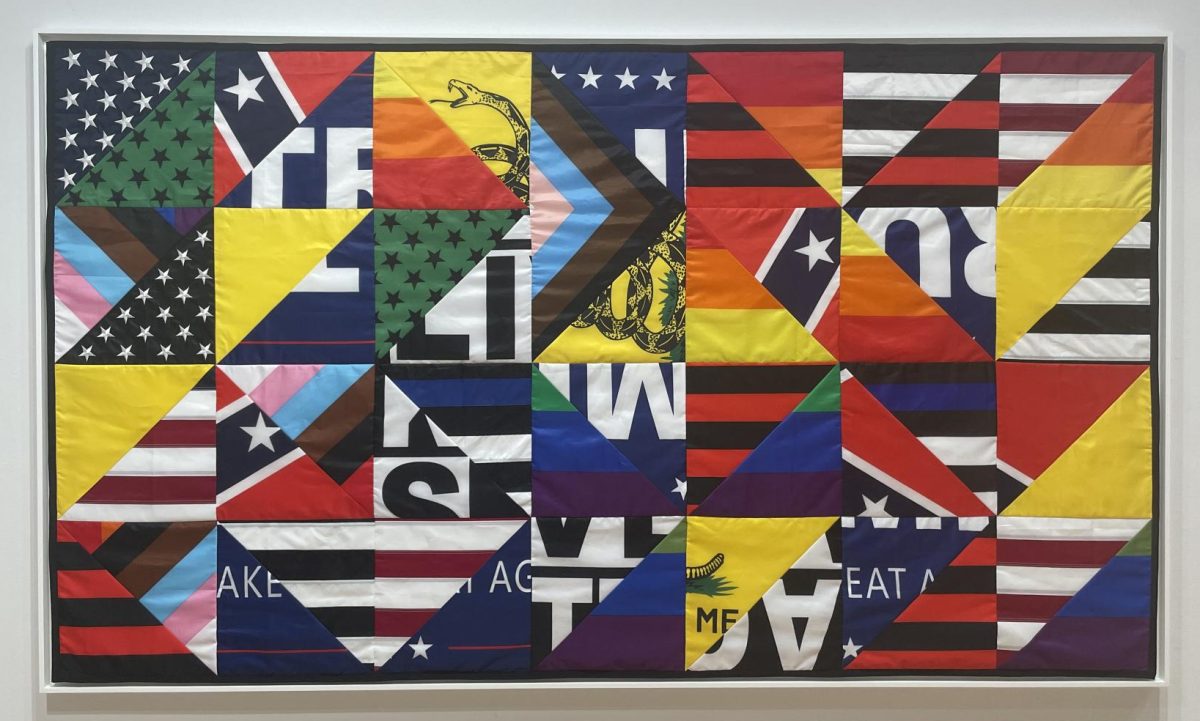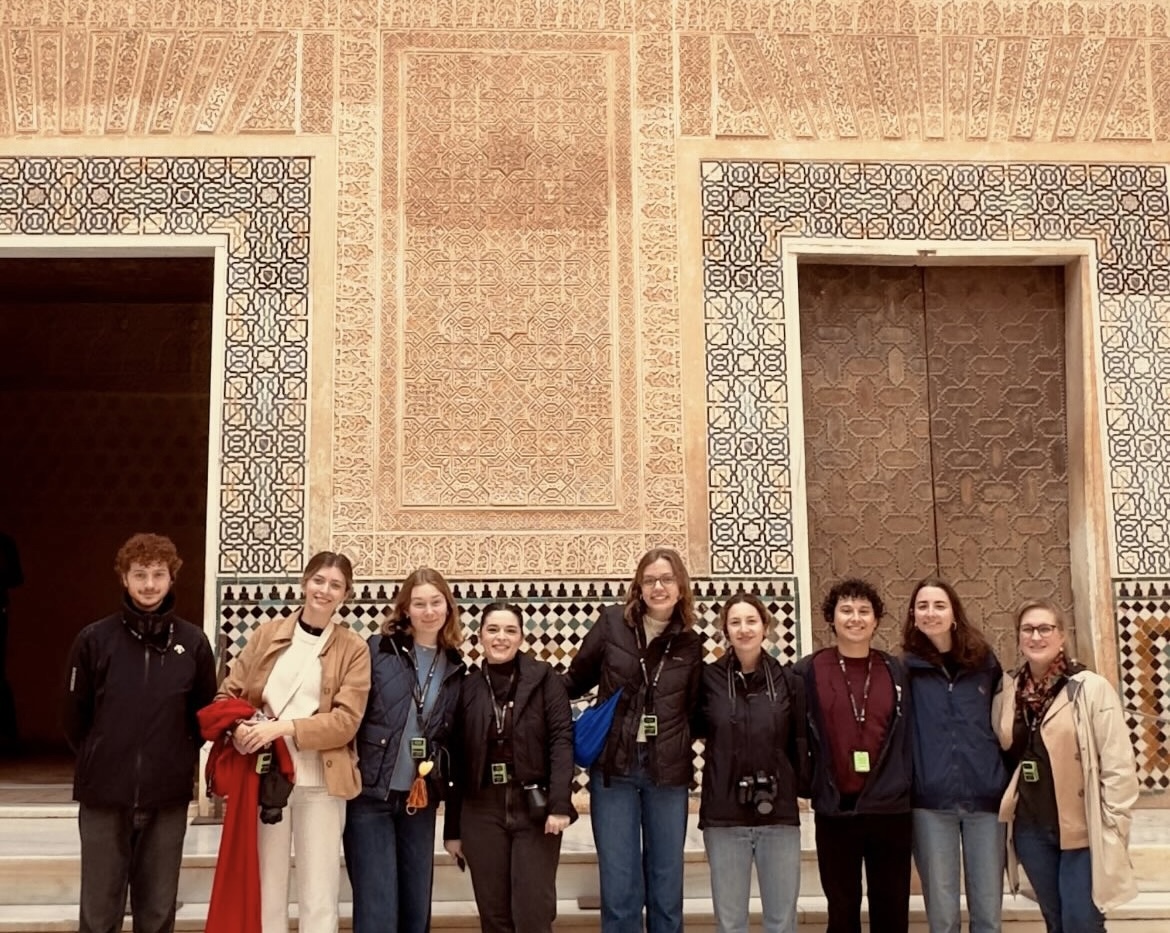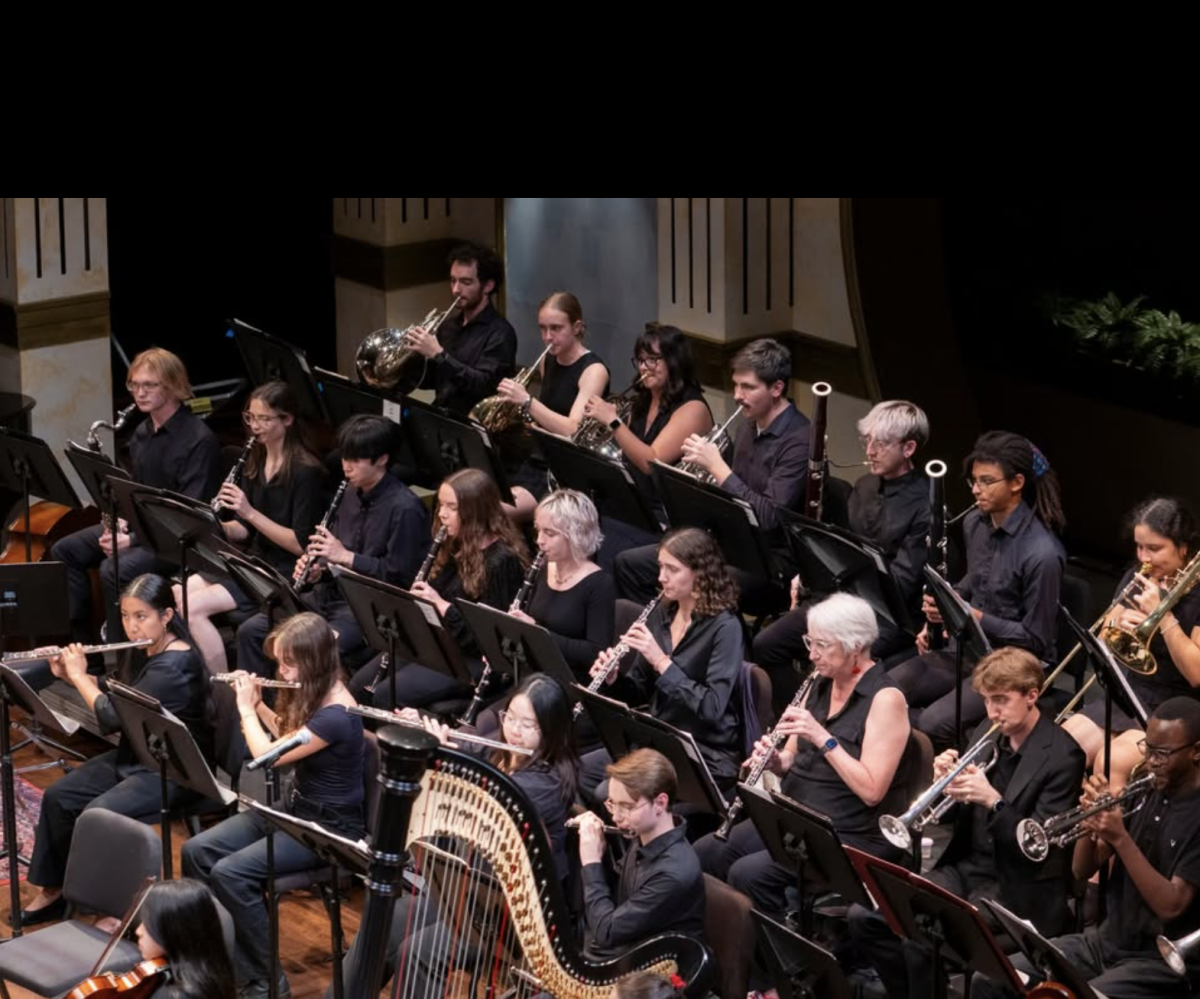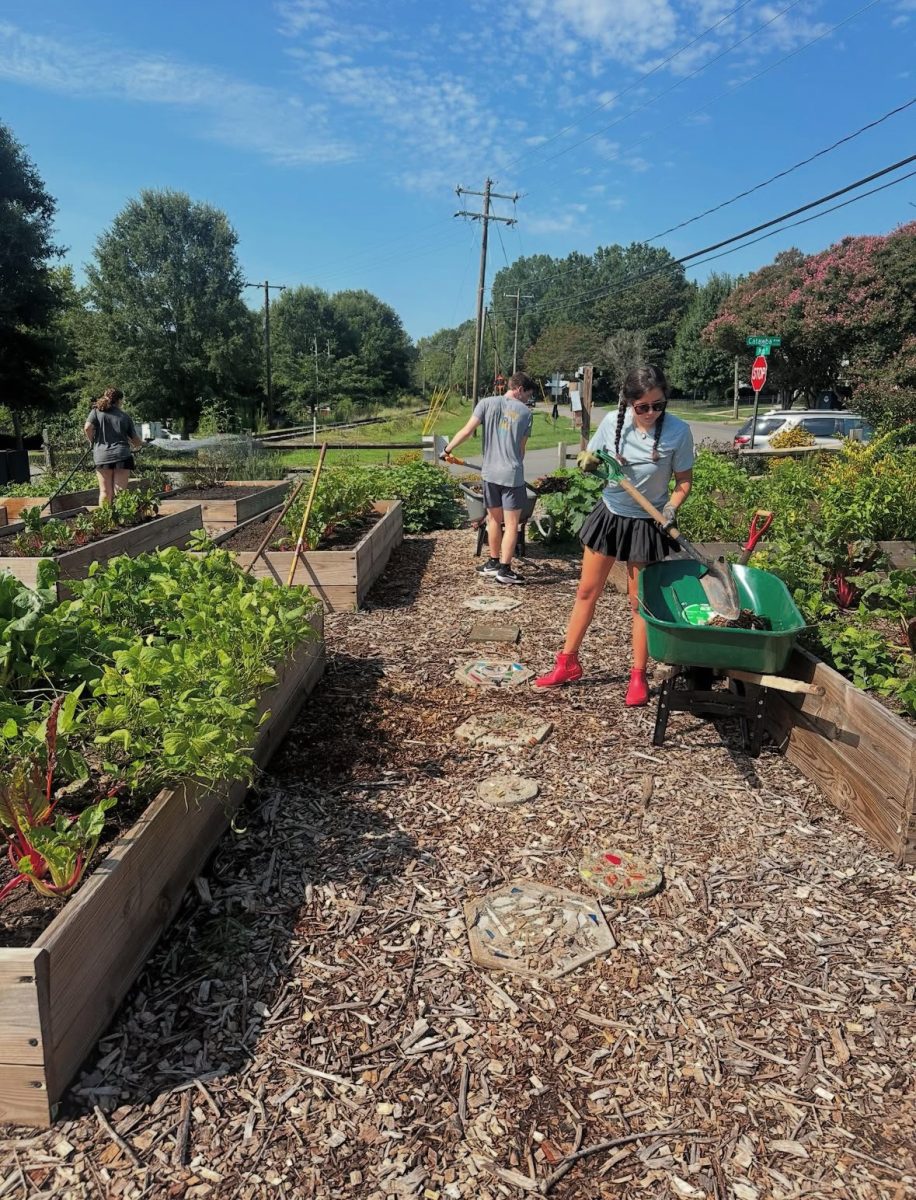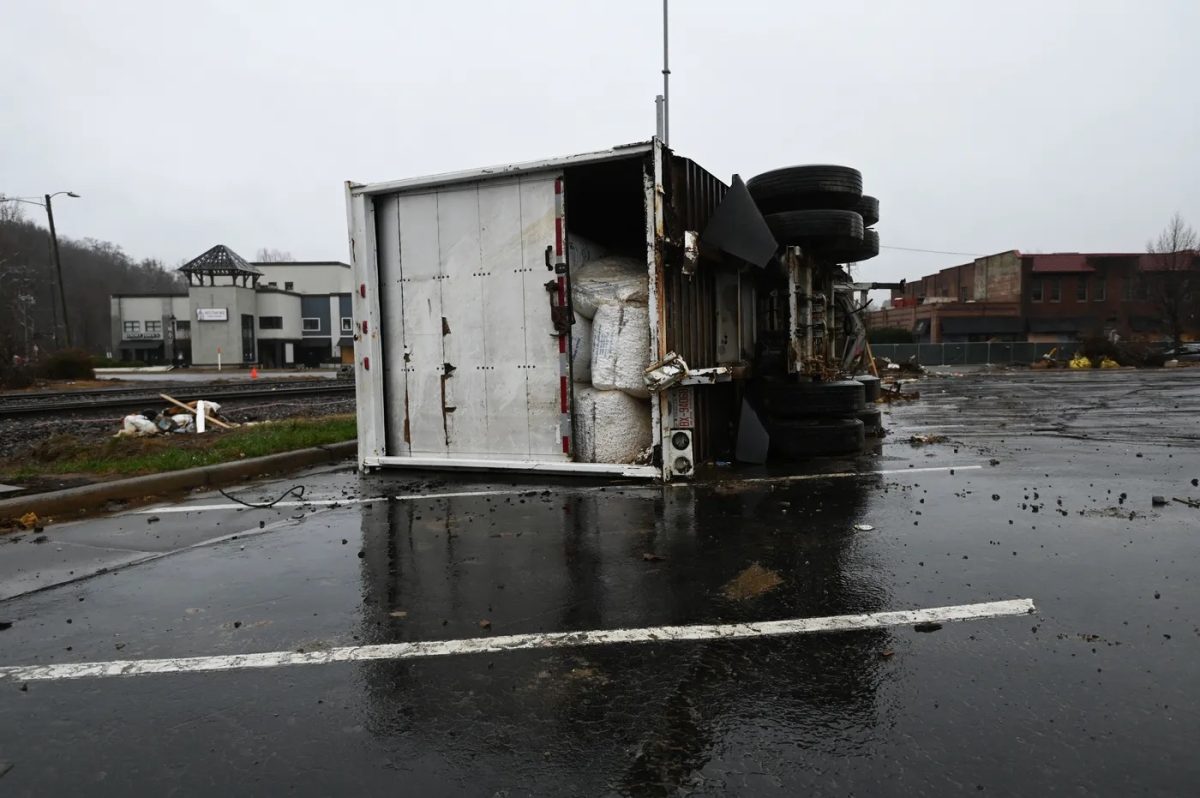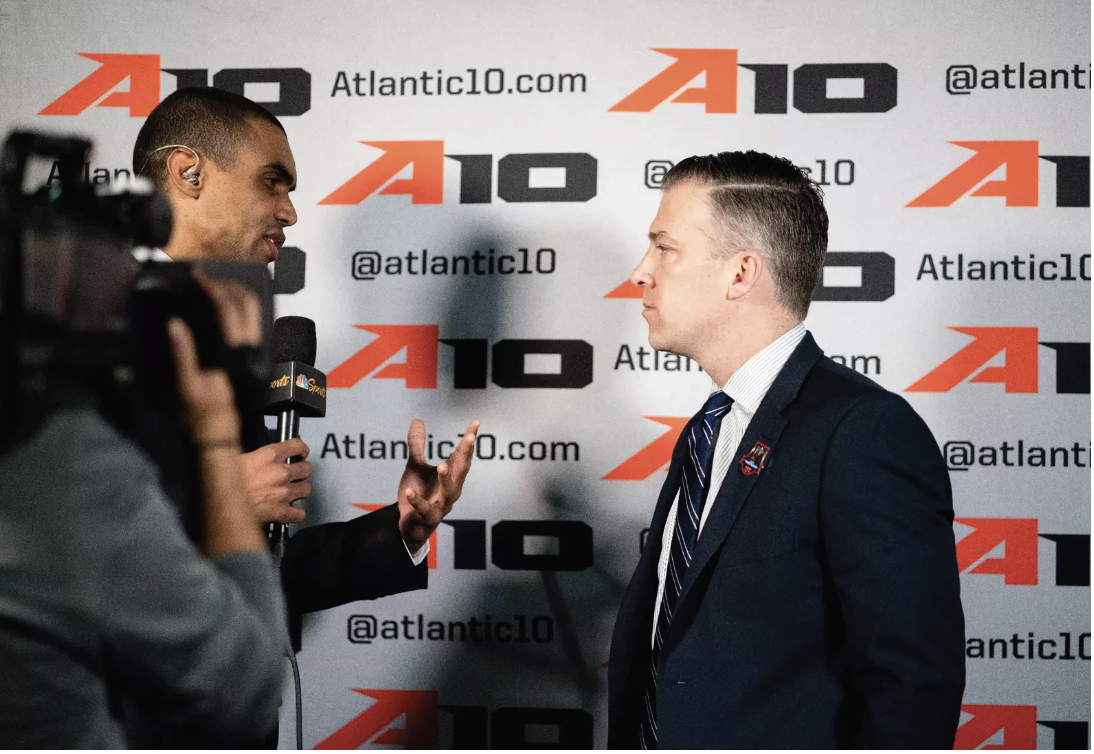Vice President and Director of Athletics Chris Clunie announced Feb. 13 that Davidson College will opt into the House v. NCAA settlement and share revenue across its men’s and women’s basketball programs. As part of the agreement, institutions will now be able to directly compensate scholar-athletes with up to $20.5 million in NIL licenses per institution.
Davidson’s decision comes in response to the rapidly transitioning landscape of collegiate athletics, caused in part by the 2021 introduction of direct compensation from National Collegiate Athletic Association (NCAA) member institutions to their student-athletes for their name, image and likeness (NIL). House v. NCAA is a class action lawsuit against the NCAA and the “Power 5” conferences (ACC, Big 12, Big Ten, SEC, and the Pac-12) filed in 2020 by Arizona State University swimmer Grant House and Texas Christian University women’s basketball player Sedona Prince.
House and Prince sought NIL damages in the form of monetary compensation and a decrease in restrictions on revenue sharing (institutions sharing revenue from media deals, broadcasting rights, ticket sales, etc.). The NIL policy originally applied only to the Power 5 conferences, but the regulations were expanded to all NCAA Division I (DI) institutions (such as Davidson) regardless of conference affiliation. As part of the agreement, the NCAA and all DI institutions must pay damages not only to current scholar-athletes but also to eligible former scholar-athletes. For Power 5 conference affiliates (now Power 4 following the Pac-12 losing its power conference status in 2024), the back pay applies to scholar-athletes who competed from 2016-17 to 2024-25. For Davidson, the back pay applies only from 2019-20 to 2024-25. The agreement comes with other ramifications, notably including adjustments to roster and scholarship limits set by the NCAA. A final congressional decision on the case is expected April 7.
Clunie and Davidson’s decision to participate in revenue sharing amongst its basketball programs comes with the hope that these changes will cement Davidson as a “championship-level” basketball school built with a “sustainable and competitive framework,” the announcement read. “The A-10 is a basketball-centric league, and basketball has long been our flagship sport.”
Clunie also announced that Davidson will raise funds for an endowment dedicated to NIL compensation. Clunie admitted that the changes will create a cultural shift within the school’s athletics but affirmed the new approach will not come at the expense of Davidson’s commitment to “Athletics Done Right.”
Davidson’s Head Men’s Basketball Coach Matt McKillop discussed the landmark decisions changing collegiate athletics. “Five years ago, I would’ve felt it was crazy. I think now there is a greater understanding of just how much money is being made in college athletics, and it seems necessary for there to be compensation to the student-athletes.”
McKillop, a former player and longtime assistant coach at Davidson, was hired as the head basketball coach in June of 2022 following the retirement of his legendary father, Bob McKillop. Bob McKillop ended his 33-year career at Davidson in the midst of the seismic changes to collegiate athletics. He told The Charlotte Observer that he felt his son was “more in tune to the changes in the culture of college basketball” and “able to relate a little bit better to the contemporary basketball student-athlete.” The senior McKillop is among several high-profile college coaches in recent years, including Mike Krzyzewski (Duke University men’s basketball), Nick Saban (University of Alabama football), Tony Bennett (University of Virginia men’s basketball) and Jim Larrañaga (University of Miami men’s basketball), to have retired and alluded to NIL as a potential factor. “Our staff navigates [NIL] daily,” Matt McKillop commented. “It has changed how we do some things, but you must embrace it to have success now.”
Many coaches fear the direction NIL is taking collegiate athletics. “You’re going to create a caste system where the rich will get richer and the poor will get poorer,” Saban said in May at a NIL roundtable in Washington D.C. “It’s whoever wants to pay the most money, raise the most money, buy the most players is going to have the best opportunity to win. I don’t think that’s the spirit of college athletics.” Matt McKillop echoed a similar sentiment. “I imagine the NCAA settlement will be a bit of a separator as far as who can remain or who can become competitive. The obvious is that the programs that pay the most money will have the most talent.” McKillop, however, did express optimism for a program like Davidson. “I also think it will allow the teams that can retain and develop players […] to build and maintain a culture to compete at a championship level.”
McKillop also reiterated that Davidson’s opt-in to the House settlement will have little effect on Davidson’s recruiting standard. “I don’t see this changing the type of student-athlete that we want to recruit to Davidson and help develop on and off the court during their four years here,” McKillop said. “The greatest advantage Davidson has is that it naturally attracts great people. I believe that the tradition of the basketball program, but, more importantly, the culture and community around this town and around Davidson College will allow us to continue to recruit the type of kids who choose Davidson for all the right reasons.”
In the announcement, Clunie cited Davidson’s unique athletic and academic position as an opportunity to build championship-pedigree athletic programs. “Davidson College is a unicorn. There is no institution in the nation quite like us,” Clunie stated. “We are the top-ranked DI liberal arts college (outside of the military service academies) in U.S. News & World Report. […] And since making the leap in 2014 to the A-10 as our primary conference, our programs have raised the standard, won championships and helped enhance the brand of Davidson College.”
Despite only the basketball programs taking part in revenue sharing, Clunie made clear that the changes would have a positive impact on the College as a whole. “When our basketball programs are successful, it provides much-needed revenue and exposure that supports all our athletics programs and raises the overall visibility of the College,” Clunie noted. For example, following the Stephen Curry ‘10-led run to the Elite Eight in 2008, Davidson Dean of Admissions Chris Gruber told The New York Times that “applications surged” and the tournament run “allowed [Davidson] to be known in many cases.”
Clunie commented on many institutions rolling back resources for or flat out cutting non-revenue-generating sports to pave the way for more funds to be directed to football and basketball programs, assuring that this would not be the case at Davidson. Instead, the College will push for increased investment and support across all of its athletics programs, as well as furthering its commitment to Title IX by expanding resources for women’s programs. Additionally, Davidson promised that the added support for its basketball programs will come from new resources and not at the expense of cutting academic or student life programs.
The world of collegiate athletics is constantly changing and filled with ambiguity. “For baseball, there are a ton of unknowns,” Davidson Head Baseball Coach Rucker Taylor admitted. “Until we get clarification from the NCAA, I’m not in a position to have an informed opinion.”
Head Women’s Basketball Coach Gayle Fulks similarly expressed uncertainty. “Later, I might have more information and a better understanding of how it impacts women’s basketball.”
Despite the unpredictability of the changing NCAA landscape, McKillop can envision the opportunities ahead for his program while still honoring the past. “I think Davidson basketball is something for the campus and town community to really be proud of. We are navigating these changes with the culture and the history we have in mind. From #1 overall NBA draft pick Fred Hetzel [‘65] to Stephen Curry to everyone before and after, so many have contributed to our rich history and the success of great student-athletes—that isn’t going to change with the new landscape. A lot of people are fearful of these changes, but I’m excited and think we have the right plan in place to continue the success of this program that fans know and love.”

